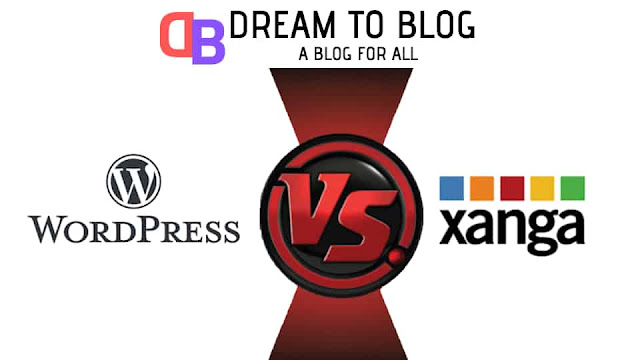WordPress vs Xanga - Blogging Software
So you like social networking sites uh? If so you will definitively consider Xanga as a possible blogging application and a great tool to meet new friends. Basically, this application runs like MySpace where you are able to create your own profile, create a blog, insert content, pictures, and videos and share them with the community, however, if you are picky or technical you might want to have access to several customization tools which will allow you to change the aspect of the site, the layout and the way it behaves right?If this is the case then you obviously will want to try WordPress which is more professional but has one downside, it is not very community-oriented, this is mainly because Wordpress’s hosted environment has not been designed to make blogs and subdomains interact with each other under one main navigation system or frame, much like Xanga and MySpace do. Let's take a look at the key differences between the two.
Site Aspect and Administration Area:
Your blog’s aspect is community-oriented, this doesn’t keep in mind everyone out there, users would have to create an account at Xanga in order to reply to your posts, this doesn’t happen with WordPress since you can allow people to post to your blog without requiring registration, however, if you do require users to register at your blog first then they will be registering at your site not Xanga’s site in order to read and comment about your entries.Much like MSN Spaces and MySpace, users are able to post messages at the end of your blog entries, if you are a professional blogger or someone who likes to keep things neatly organized then you will not like this method since new visitors and readers will not know what comment goes to what post, Xanga’s comments just like MySpace comments are stacked one on top of each other.
The administration interface is rather simple and allows you to manage your page layout by choosing many pre-made themes or skins which can be applied with the click of a button. WordPress offers thousands of themes and is not limited to just a few hundred.
With Xanga users can upload images and additional content in order to illustrate their posts - The same can be done with WordPress. Xanga’s hosted interface allows very little flexibility so users are not able to host their blogs in their own servers, they are not allowed to create custom 404 pages or use any .htaccess file which controls site behavior.
Subdirectories instead of Sub Domains:
This is a big downside to Xanga and other community-oriented blogging tools that are hosted within the service provider’s servers. If a user wants to give his blog’s URL address to friends they have provided something like ” URL/username/randomNumber/indexPageName.html”, a workaround this problem is to give out your username to friends who have to sign up with the site if they want to place comments and interact with you.In WordPress, you get a neat subdomain which is easy to handle and even write, for instance, you would get something like yourname.wordpress.com if you want to host your blog in Wordpress’s free hosting environment, the beauty of WordPress is that you are able to take the entire script and host it elsewhere.
Automatic Sounds and Advertisements:
This is yet one of the many disadvantages found in social sites, users normally have a huge banner or advertisement sitting on top of their blog, this makes the blog look very unprofessional, steals visitors and ruins the look of your site.In addition, Xanga allows automatic sounds to be played automatically when someone visits your site, this may annoy many of your visitors who might dislike your music interests. Adding extra multimedia items increases your page loading time which can also drive people away from it.




0 Comments
We appreciate your comment! You can either ask a question or review our blog. Thanks!!